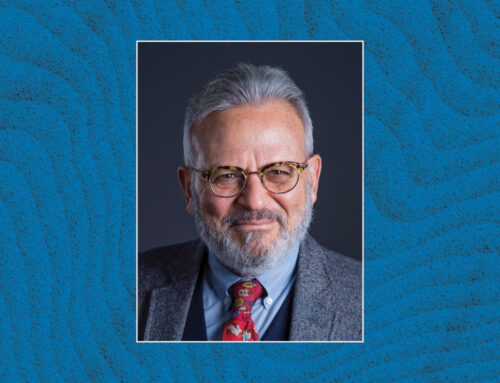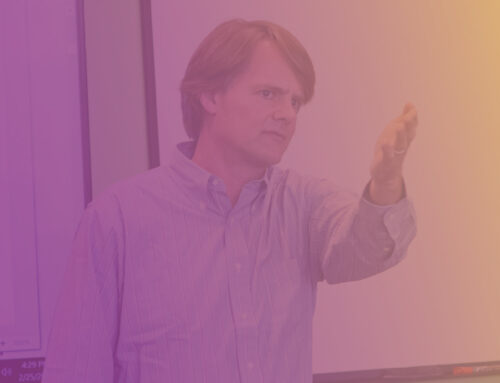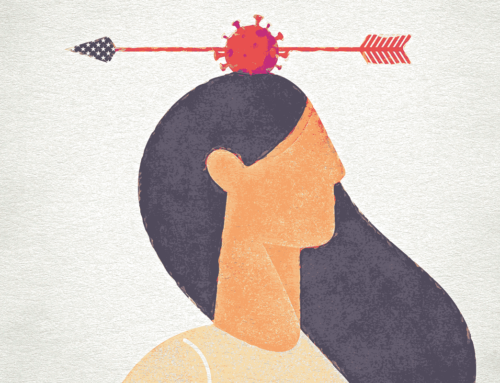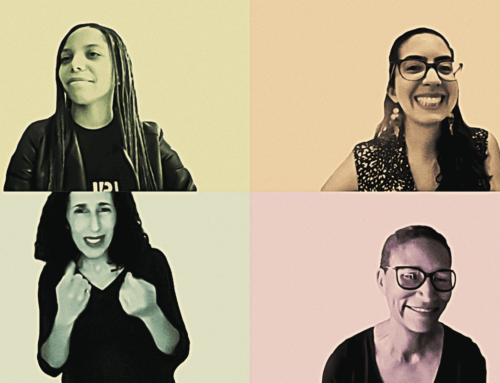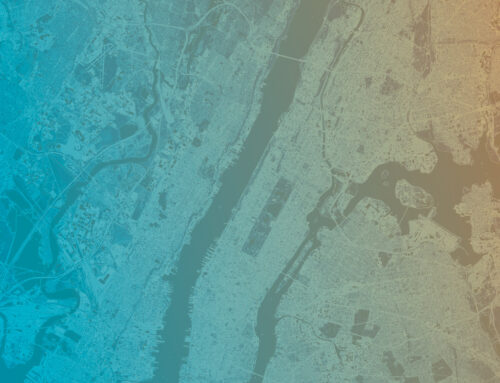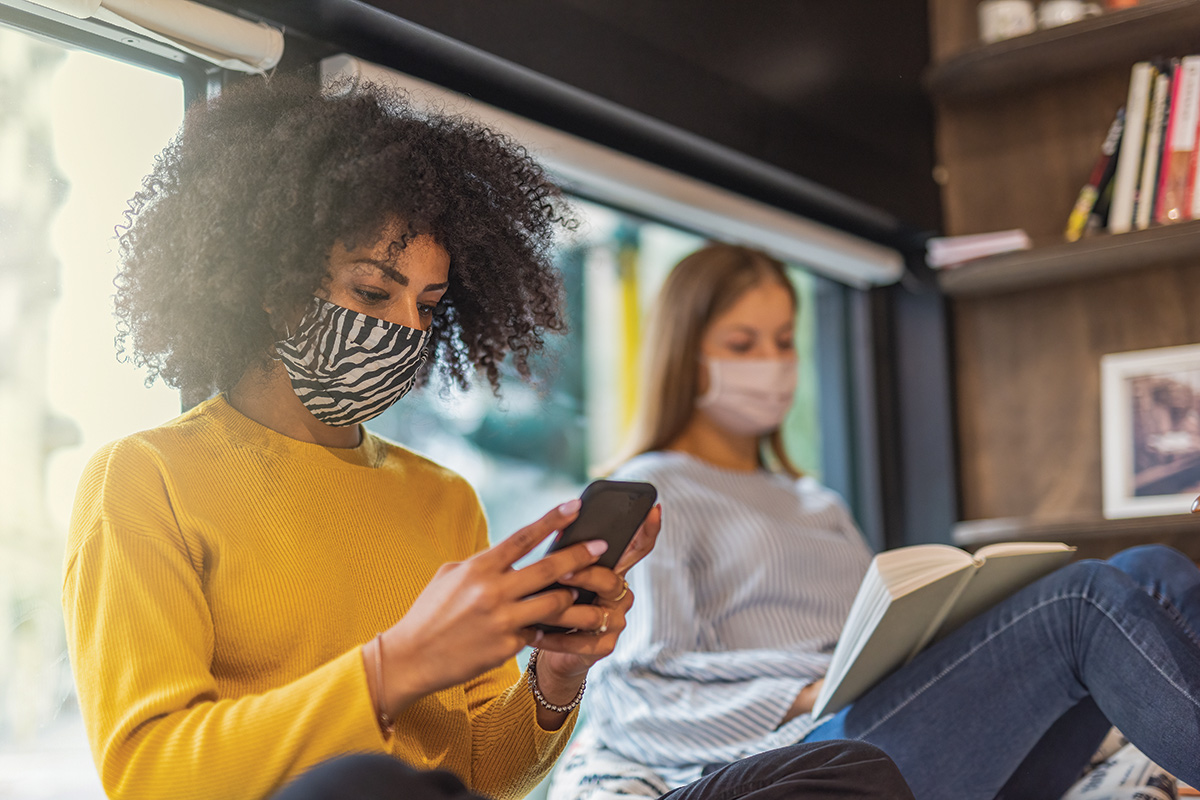
As students prepare to enter the public health workforce in a job market transformed by the pandemic, CUNY SPH is taking new steps to ensure the next generation of alumni are more prepared than ever to navigate the professional environment adeptly and successfully.
by Joseph Konig
After securing a $250,000 grant from BNY Mellon last fall, the CUNY SPH Foundation is launching a Career Skills Academy (CSA) for the 2021-22 academic year. The gift, the third largest in foundation history, will fund the pilot program for two years in a first-of-its-kind professional development initiative at a public health school.
Through the CSA, the school aims to augment students’ public health skills and knowledge with the “soft skills” needed to thrive in their professional careers. The curriculum is divided into two phases: Earn the Job and Thrive in the Job. Over the course of two years, 112 students will receive special training to help them excel in the business world.
“These skills are critical,” says Avery Bowser, MPH ’18, who consulted on the development of the CSA and is working at Stellar Health. “When you are hired by a business, you need to be able to pick up on how that business functions and quickly comprehend the nuances of relating to people within and outside the organization. You need to know how to grasp business goals and models and understand how you and your skill set fit into that scheme.”
The program will be led by Candace Lamb, who joined CUNY SPH last year with a background in career services, skills building, and organizational psychology. Lamb completed her PhD at the University of Texas at Austin last year and specializes in working with diverse student populations, such as LGBTQ+ students, students with disabilities, first generation college students, and students from other underprivileged backgrounds.
“I’m really excited to create a community of people who are all different and come from different backgrounds and experiences and are all working to reach their goals and be as successful as possible,” Lamb said. Over the summer, she hosted information sessions with students interested in the program and was inspired by the enthusiasm the academy received. “They’re excited, they’re highly motivated, their careers matter to them, and making a difference in public health matters to them.”
Lamb will hold two Friday afternoon workshops each month with monthly master classes that feature outside guests and alumni who can speak towards their various domains of expertise and professional experiences. During the first two pilot years, 56 students per year will be selected and receive a $125 stipend per semester for their participation.
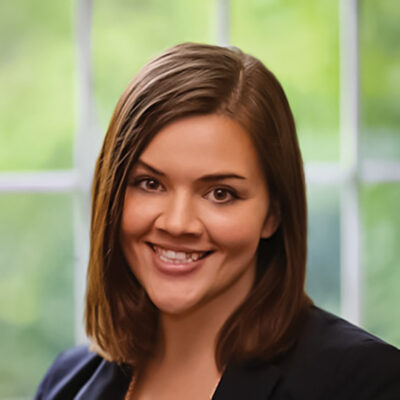
Program Director Candace Lamb has a background in career services, skills building, and organizational psychology.
Workshops and master classes will focus on subjects like advocating for yourself in the workplace, problem-solving and conflict resolution, and personal branding and networking. Lamb will also draw from her background in career services and students’ own life experiences to center the program on equity and emphasizing skills students already have that they may not recognize as tools needed for professional success.
“An important philosophy of this program is to seek out students’ strengths, to make the program as individualized as possible for the students and to figure out how to help the students understand their strengths so that they can feel confident when they go into the workplace,” Lamb said. “Someone who has several younger siblings might have strong leadership skills. A person who is a full-time employee, a parent, and also a full-time student probably brings time management and multi-tasking skills. So it’s not just focusing on what you’re lacking, but how to build up the areas that you’re already doing really well in.”
Understanding student needs in a vastly changed environment
In June of 2020, the CUNY SPH Foundation’s Board of Directors gathered virtually for their final meeting of the academic year. At the top of mind for everyone at that meeting was, of course, the coronavirus pandemic that was still raging with no clear end in sight. Toyin Ajayi, co-founder and chief health officer of Cityblock Health, pointed out that with the students’ lives derailed by Covid-19, student surveys and data gathered prior to the pandemic were no longer accurate. The foundation board needed to find out how the pandemic had affected students’ academic, work, and personal lives and how they could help.
At that June 2020 meeting, Ajayi and fellow board member Ruth Wooden, retired president of Public Agenda, took on the task of gathering new data on students living through a time of pandemic. Dean Ayman El-Mohandes paired them with faculty members Chris Palmedo and Scott Ratzan to develop a series of student surveys and focus groups, funded by the Foundation.
Hundreds of students and alumni responded to the survey and dozens more participated in focus groups, where detailed conversations revealed their perceptions of the pandemic and their professional trajectories.
“One of the things that jumped out at us was the overwhelming sentiment that although they feel prepared within their domains of expertise in public health as a result of their education with us, many students aren’t confident that they have the tools to compete for and earn a job and thrive in the workplace,” said Adam Doyno, the executive director of the CUNY SPH Foundation. “It was a revelatory moment to hear them speak so candidly about the effects of the pandemic and their concerns about their career prospects.”
Doyno and the board moved swiftly to develop a new initiative to empower students with the necessary soft skills to enhance their competitiveness in the job market. In a meeting with BNY Mellon, Doyno and board chair Lyndon Haviland secured a quarter-million-dollar commitment from BNY Mellon to support the initiative.
“One of BNY Mellon’s areas of investment is workforce development, and they recognized the value of committing resources to this first-of-its-kind initiative at a school of public health,” says Doyno. “Because, for the good of all of us, we need public health professionals to be prepared and ready to get to work.”

